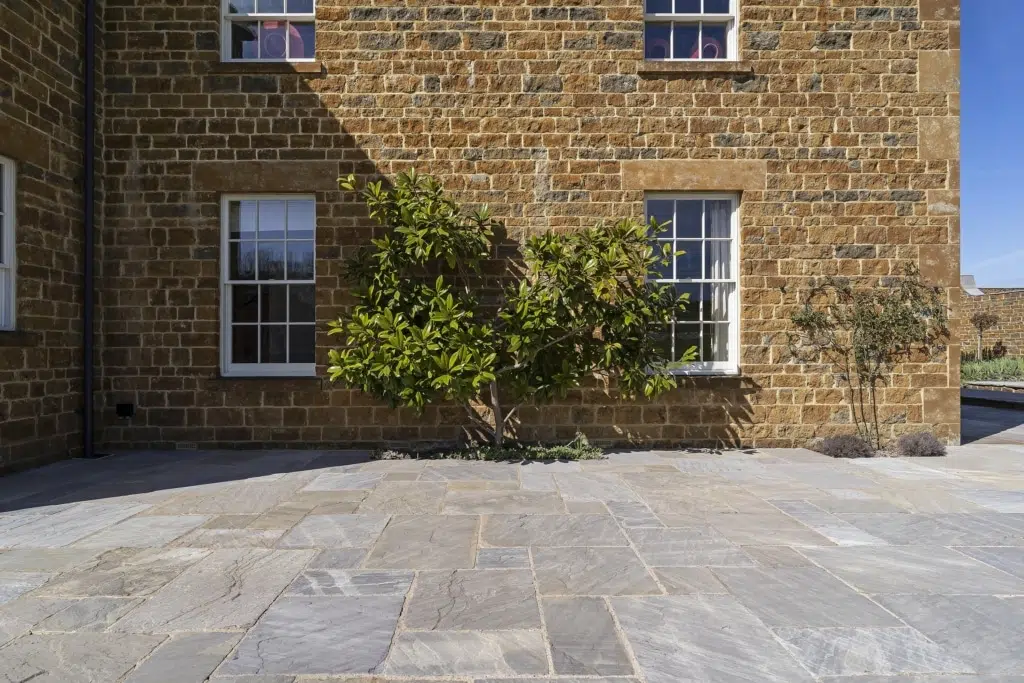Birmingham City University Students Challenged to Find the Future Beneath Their Feet by Saint-Gobain PAM. The manhole cover and drain beneath your feet could receive a makeover as students from Birmingham City University aim to develop its design and/or function as part of a joint collaboration project with Saint-Gobain PAM UK. MA Product Design and Design Visualisation students will be tasked to come up with solutions to address both design and function and explore how such products might help solve infrastructure challenges such as pollution, flooding or increasing population density which could result in water supply or traffic management problems.
Commenting on the collaboration with Birmingham City University, Mark Esling for Saint-Gobain PAM said: “As a company we are committed to innovation and this project enables us to look beyond our current research and development. Our challenge is to consider our environment and how we can help make a sustainable habitat for the future. We already explore how we can reduce our carbon footprint as an organisation, but we must also address how to be proactive in how we shape our living environment.
“By partnering with Birmingham City University we can access fresh thinking and talent and get the chance to look at things from a different perspective. The university is well known for product design and its MA courses attract some of the brightest minds in this area, so we couldn’t ask for a better partner”.
“It is also very important for us as a company to support the future of research and development in engineering and attract the people who will make a difference in years to come.”
Says Nuno Lourinho, MA Product Design Course Director at Birmingham City University: “We have a strong tradition of working closely with industry partners. Our students really benefit from such collaboration as they can engage with and understand industry needs and working processes. It gives them a real advantage when they qualify and seek employment.”
The project is being run as part of the students’ Masters degree and as a competition with the winner receiving a £1000 prize. They will also have the opportunity to see their design developed as a prototype.
















